Click to view our Accessibility Statement or contact us with accessibility-related questions








What Does MSRP Actually Mean?

search
close
Sort by: Newest
keyboard_arrow_down
Let’s get the conversation started!
Be the first to comment.
PRODUCTS YOU MAY LIKE
Trending Posts in Audiophile

Simthaniel
Rigs
Modded headphones with qudelix at the core
When I received the Qudelix 5K, I had already modified a pair of Superlux HD-681 headphones. I previously soldered my own balanced connections to the drivers, providing multiple ways to connect and...
Apr 14, 2024

brothamike
A decent set of IEMs
I am in the midst of a 300 hour burn-in but, I will say I am enjoying how this set sounds so far. Before I received these which was btw late by a few weeks, I purchased a Sony/Kimber Kable MMCX...
Apr 12, 2024
merrick97
Should I exchange the PC38X for better headphones?
I bought the PC38X headphones FOR GAMING and they are great, but I have NO use for a Microphone since I don't do competitive gaming and I was wondering if there were better headphone options at a similar price without a headphone, where (presumably) more of the cost was put into making it sound better. I also find that my PC38X don't get quite as loud as I would like and I was wondering if a cheap amp like the iFi Go link would draw a little more volume out of my phones. https://www.amazon.com/dp/B0BN6MM822?psc=1&ref=ppx_yo2ov_dt_b_product_details I went with the PC38X since it was considered the best bang for buck headphones. I care most about using spatial apps like DOlby Atmos and DTS Headphone:X. Suggestions are welcome.
Apr 11, 2024

LostnAmerica
Sound Signature of the Grell Project.
Wondering what type of sound signature the Drop Grell project headphones will have or trying to attain. Any update would be appreciated.
Apr 8, 2024

Fabulous
Looking for a gaming/content audio setup
Hello! I'm looking for recommendations on audio setups. I'd be planning on using it mostly for gaming. Preferably I'd like a pair of large closed back headphones since I have a big head and jaw. I'd also like to hear myself through my mic with mic monitoring. As far as budget goes, I don't really have one. But under 600$ would be nice. I can go higher if needed. The audio setup would be connected to a high performance PC. Thank you in advance for any recommendations!
Apr 4, 2024

1plsd
$10 Drop Coupon Email not sent?
Trying to buy some gear off Drop for the first time. I was told I would receive an email with a welcome to drop $10 off promo. I never received that email. Drop was able to send me emails for my login token and email for Password update. But for some reason the $10 off coupon was never sent to me.
Mar 31, 2024

NMPacella
New here
Hello, I just joined, primarily for the audiophile products. Looking at purchasing the NHT C3 speakers for our new living room. Space is about 15 feet wide by 33 long and they will fire long ways. Space is just for general listening, music room with all equipment is downstairs, so hoping they will fill it with sound nicely. Cheers.
Mar 18, 2024

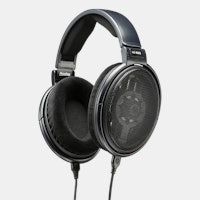
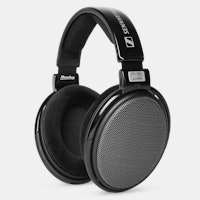
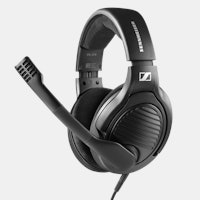
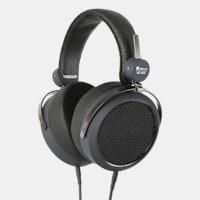
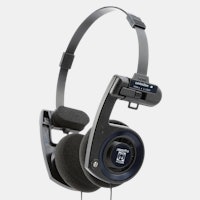

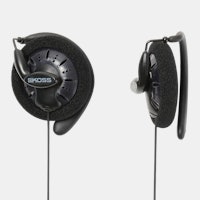
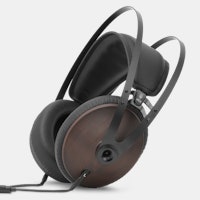
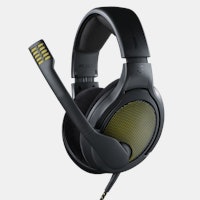
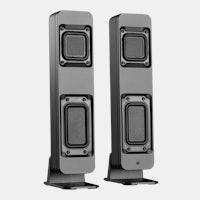
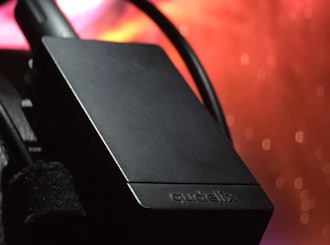

1) This number is not chosen by the distributor or retailer, it is determined by the manufacturer. Unless you are buying directly from the manufacturer it's just a number on a product description.
2) The MSRP is selected based on a number of factors and has more to do with desired market segment (e.g. entry/value level, mid-tier, high-end/premium/luxury) and buyer psychology than what the product will actually sell for. Unfortunately people often mistake a higher MSRP for a "better" product. While you this can be true in certain cases it most certainly does not apply universally. Sometimes you are paying significantly more for a product because of high marketing costs, brand prestige and a bloated distribution network where multiple parties intend to make a profit.
3) The vast majority of audio manufacturers are not direct to consumer sellers, so a high MSRP provides a ton of margin (difference between what a seller paid for the product and what they intend to sell it for) for various retailers and distributors to run sales, specials, clearance price etc...
4) Audiophile gear in particular is still quite a niche market, bringing out a product with an MSRP many many times the production cost provides a sort of "security blanket" to the manufacturer. If sales are low they can still recoup their costs and not lose money. Sell a few at a high price versus a ton at a low price.
5) Pricing works like this:
(R&D Cost + Materials Cost + Production Cost + Cost of Running Business + Advertising Cost)/Anticipated Sales + Desired Profit Margin = Wholesale cost
The Wholesale cost is what is paid by either a distributor or retailer, not the end consumer. Typically a large manufacturer has ZERO interest in managing small shipments to individual retailers or consumers so they sell to a distributor.
That distributor then tacks on their Distribution Costs + Desired profit = Wholesale Cost to Retailers.
Retailers take (Wholesale + Cost of Running Business + Advertising Cost)/Anticipated Sales + Desired profit to get what is often called "Original" or "List" Price. This is often what a product sells for when it first hits the market.
All parties in the chain are trying to ensure they DON'T LOSE MONEY and nobody will buy a product that is selling for more than what the manufacturer says it's worth (limited availability items are excluded from this). As a product continues through its life cycle, you will often see this price drop as each party has recovered a lot of their lump sum costs or has adjusted their desired profit per unit to induce more sales of a well received product. The Wholesale Price from the manufacturer drops due many factors including recovered R/D, Production Costs, economies of scale, a replacement model has been released and the list goes on....
6) The definition of an items value is what a consumer is willing to pay for it. You can ask $1 million for a bottle of tap water but doesn't mean anyone will actually buy it. In the end the only thing that matters is what different retailers are charging for the same item.
FAQ
1) Isn't putting an MSRP on your site/ad illegal if you have never sold it at that price - Not just no but....... Hell No!
2) But Kohls was successfully sued for doing that, why isn't it illegal again?
Kohl's was fined for deceptive sales practices because they advertised "Sales" or "Discounts" relative to their own "original" or "list" price when they NEVER offered it at the price they claimed and had no intention to do so. Their "sale" price was actually their List/Original Price.
Sorry for the quasi-rant but I'm so very tired of post after post after post of people who don't understand what this acronym means, complaining to Massdrop that they are scamming people. If you don't like the price they are selling it for, buy somewhere else and skip the inane post about MSRP. I for one would like to see actual discussion about the products being dropped in the Discussion section (reviews, feedback, durability tests, comparisons to other similar products, etc..). Anyone else feel the same?